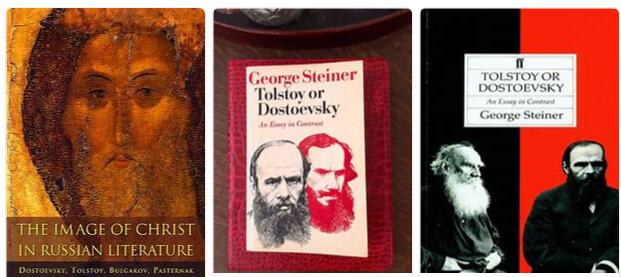Russia Literature: the Oral Tradition and the First Written Collections
Christianity that came from Byzantium was unable to establish a mediation with Western culture, but rather gave rise to the isolation of the country that the Tatar invasion accentuated and that made Russia a country that was always a bit wary of the West. European. It was therefore not only the delayed artistic and literary flowering of the country that kept the civilization of Eastern Europe in the shadows, but a vacuum of relations that reached Peter the Great. Only with this sovereign did the first news about a literary heritage that had a vast oral tradition in epic songs, in byliny, so rooted in Russian history that the people sang to them for centuries, began to filter in Western Europe. (ancient stories). They were songs of deeds that around the century. X and XI species of troubadours from Byzantium or other southern countries sang at the court of princes. Although opposed by the Church, committed to coagulating every form of art around their own spiritual heritage, the singers went from land to land to narrate, at first without musical accompaniment, the deeds of their heroes: the bylina thus reached the far north, settling there for always, giving life very late to the first written collections that appeared in 1804 by Kirša Danilov, in 1868 by Bjbnikov and in 1872 by Hilferding. If the bylina it materializes in the written form so late, the first written documents of Russian literature are works of clerics, texts of a religious or moralistic nature or chronicles, and date back to the century. XI, like the Gospel of Ostromir (1060). The first names of men of letters that are remembered are those of Metropolitan Ilarione (11th century), Kliment Smoljatič (12th century), Kirill Turovskij (1130-1182). The Journey of the Hegumen Daniil to the Holy Land, the Teaching of the children of Prince Vladimir II Monomachus (1053-1125) and the contemporary and anonymous Chronicle of past times were soon added to the Gospel mentioned .
However, the literary interest remains scarce and only with Il canto di Igor (XII century) the first real literary text appeared. It is a heroic poem about the unfortunate campaign of Prince Igor and his cousin Vsevolod against the Polovcy. The work is also important because it expresses for the first time the aspiration, rather than the idea, for national unity. War is described not as the exaltation of force to the detriment of the barbarian, but as the need to find the fulcrum of national solidarity in order to be able to ban it. Unfortunately, the authenticity of this work, written in an often seductive poetic prose, sometimes boring and hard to understand, is contested. The Tatar invasion then extinguished all literary ferment. For two centuries Russia experienced total and crude servitude, even boyars and priests were almost all illiterate, so much so that the latter officiated by heart. Finally, the the weakening of the Tatars allowed Ivan III to raise his head and make Moscow the capital of Christianity. A cultural ferment ensued, which was accentuated with Ivan IV the Terrible, himself a vigorous, ironic writer, mocking in his letters to princes and clergy who are the extraordinary revelation of a tormented and profound psychology, mirror of a troubled country, prey to the ‘intolerance manifested above all in the attitude of the Church from which dissidents or schismatics soon broke away (raskolniki). Among these was the author of an autobiography considered the first literary work of the highest human value in ancient Russian literature, the announcement of an authentic, frank, colorful popular language: the protopope Avvakum. The work is the story of the author’s desperate journey to Siberia, with his wife and children, persecuted by the priests who were followers of the reformer Nikon, so relentless that he was tortured and burned alive in 1682.



